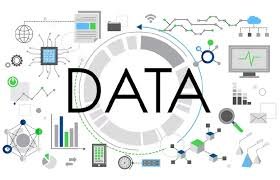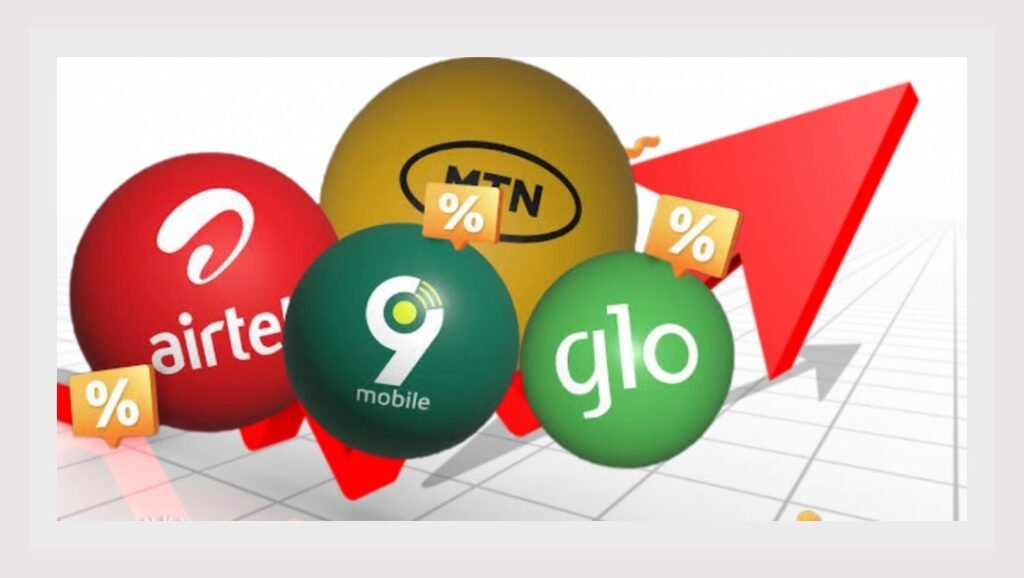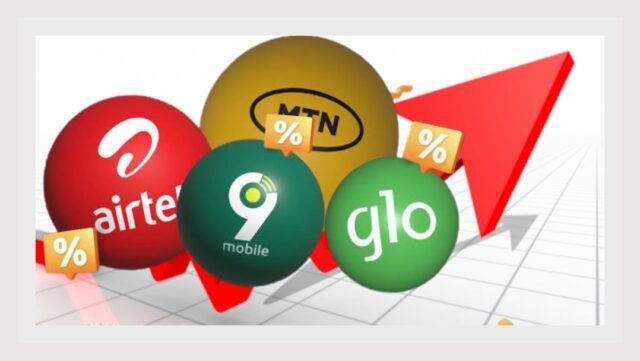July 2025 marked a new high in Nigeria’s internet history, with data usage soaring to 1.1 million terabytes—a clear testament to the nation’s accelerating digital appetite. The Nigerian Communications Commission (NCC) confirms this milestone surpasses only recently achieved records such as May’s 1.04 million terabytes, setting a fresh benchmark in connectivity consumption.
This spike in data demand aligns with Nigeria’s rapid shift toward faster networks. As of July, 4G connections grew to 50.85%, and 5G adoption, though still modest, reached 3.17%, edging upwards from June’s 3.07% and earlier figures. Meanwhile, 3G usage has shrunk to just 7.38% of connections, underscoring a broader technical leap.
Such increases reflect modern Nigerians’ reliance on video streaming, e-learning, e-commerce, remote work and digital social platforms—activities that demand higher bandwidth and uninterrupted internet performance.

Subscription Decline Amid a Data Feast
Interestingly, while data consumption soared, active internet subscriptions declined. Total subscriptions across mobile, fixed, ISP, and VoIP networks fell from 141.1 million in June to 138.7 million in July.
Mobile operators—MTN, Airtel, Globacom, and T2 (formerly 9mobile)—were responsible for most of the drop, seeing active internet accounts fall from 140.6 million to 138.2 million. The mobile subscriptions trend mirrored this: total mobile lines dipped to 169.1 million in July, down from 171.5 million a month earlier.
Airtel led the fall with a loss of 2.4 million subscribers, dropping from 58.9 million to 56.5 million. MTN and Globacom also recorded losses, though less dramatic—MTN slipped by about 106,345 to 89.1 million, and Globacom by 143,701 to 20.7 million.
Consequently, teledensity—the number of active lines per 100 inhabitants—fell from 79.22% in June to 78.11% in July.
These trends suggest that despite a willingness to consume more data, many Nigerians are cutting back on subscriptions—largely in response to the 50% tariff increase imposed across telecom services.
What This Means for ISPs and EdTech Players
EdTech firms, online educators, and content platforms should take note: though fewer users subscribe to internet packages, those who do are going all out—hurting data but thriving content delivery.
Telecom operators, riding this wave of high demand, might see short-term revenue gains. Yet, the cost sensitivity among users—manifested in subscription cancellations—poses a broader threat to sustained data-based business models.
For ISPs, the picture is tougher. The Q1 2025 data reveal that 127 ISPs together serve just roughly 289,000 active customers, down from over 307,000 in Q3 2024. The subscription slump, coupled with price hikes, hits ISPs especially hard. Many customers are shifting toward mobile networks where connectivity is cheaper and more reliable.
This scenario calls for creative strategic pivots from ISPs. They can no longer rely on conventional bandwidth sales; instead, they must explore tailored offerings for SMEs, education, healthcare and real estate, bundling value-added services alongside connectivity.
On the EdTech front, platforms should double down on optimising for efficient streaming (e.g. low-bandwidth formats), flexible subscription bundles, and offline-capable models—making learning accessible without triggering heavy data costs.

Implications for Infrastructure and the Broader Digital Economy
A soaring data appetite places growing pressure on telecom infrastructure. Operators must expand bandwidth, fortify network capacity, and invest in next-generation technologies like 5G to keep pace with demand.
Moreover, regulatory reforms—such as the SIM-to-NIN linkage policies that led to millions of deactivated lines—have influenced subscription figures. While these efforts ensure better data integrity and security, they also reshape market dynamics by removing inactive or unverified subscribers.
From a macroeconomic standpoint, the twin forces of rising data use and subscription decline underscore a digital economy growing in complexity. Consumer behaviour is changing, and businesses—particularly in tech and telecom—must adapt to remain relevant.
Telecom revenue streams may need to shift toward data-centric packages, partnerships with EdTechs or content platforms, and value-added services. Meanwhile, national policy efforts should support affordable internet access through infrastructure subsidies, device financing, and competitive pricing guidelines.

Conclusion: A Digital Balancing Act
Nigeria’s July 2025 internet data narrative tells a compelling story: data consumption is booming even as subscriptions slip. The Focus Key Phrase—Data Booms as Subscriptions Slip—captures the paradox clearly.
For readers in the telecom, ISP, and EdTech ecosystems, the insights are critical:
- For Telecoms: Capitalise on fast-growing data traffic, but beware of subscriber churn due to pricing.
- For ISPs: Reimagine your value proposition—don’t just sell bandwidth; package services.
- For EdTech: Adapt delivery to suit heavy-data users, offering flexible, cost-efficient learning models.
- For Policymakers: Ensure affordability and support infrastructure growth to sustain the digital expansion.
Nigeria’s digital frontier is not just expanding—it’s evolving. And success will belong to those that read the trends right, deliver wisely, and adapt swiftly.
Join Our Social Media Channels:
WhatsApp: NaijaEyes
Facebook: NaijaEyes
Twitter: NaijaEyes
Instagram: NaijaEyes
TikTok: NaijaEyes





